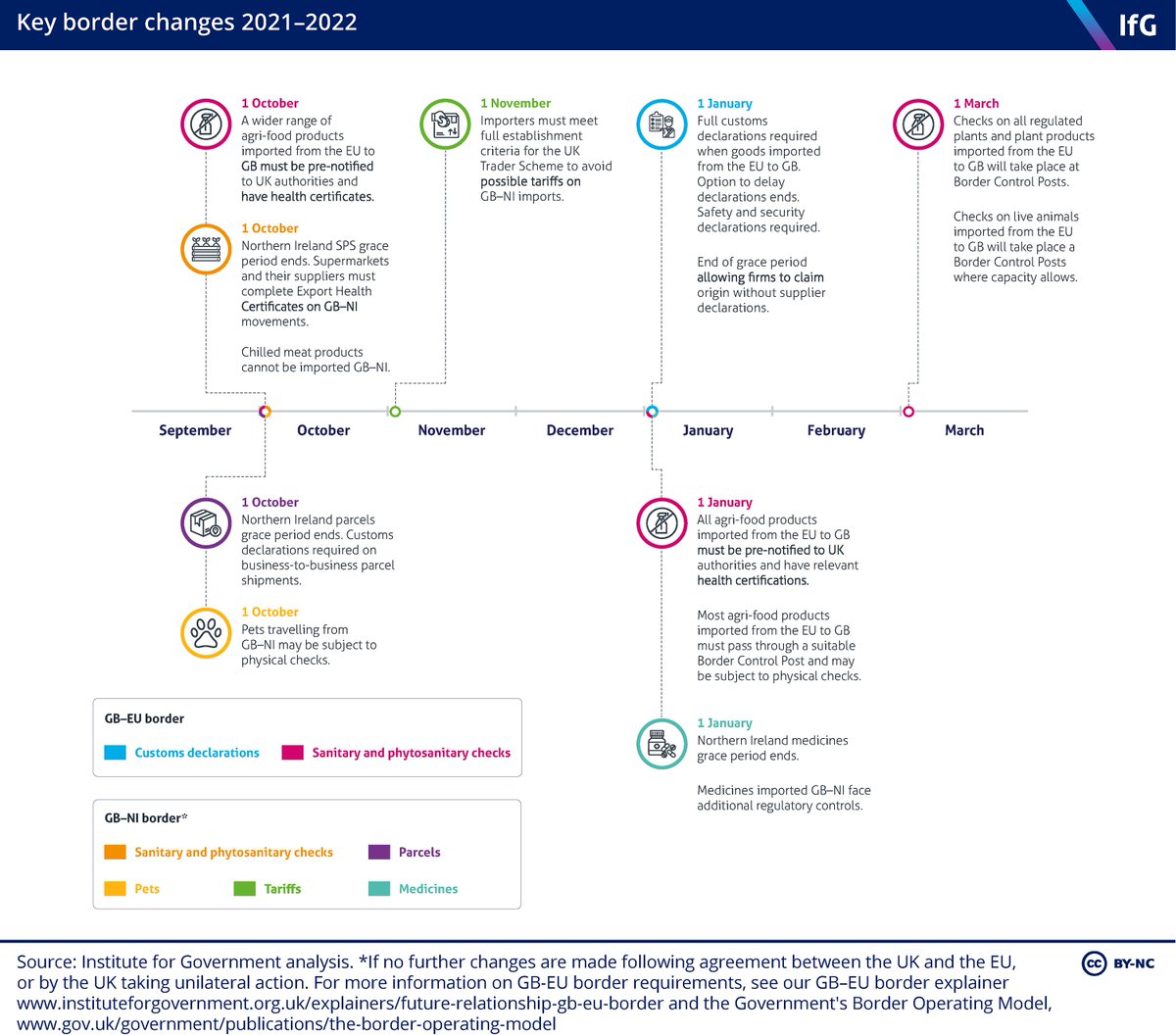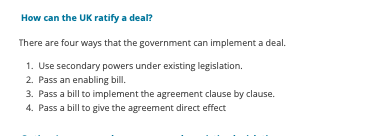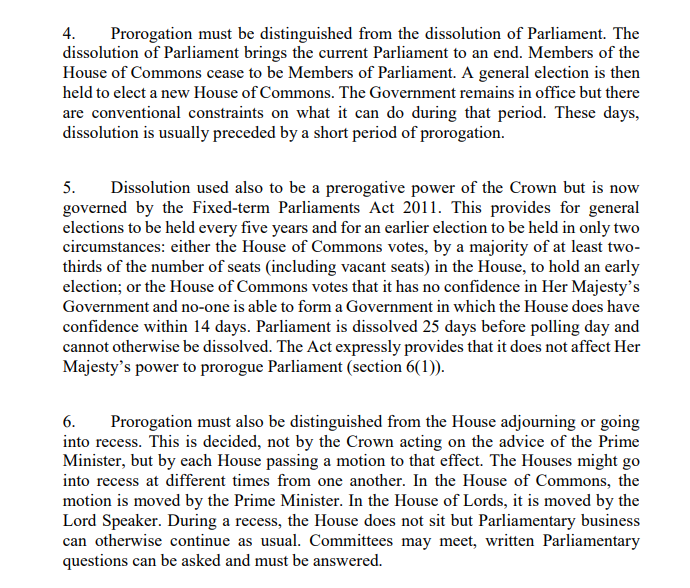
How to get URL link on X (Twitter) App


 Brexit means UK politicians have taken back control of – and responsibility for – large swathes of policy previously decided by the EU. Reform of the much-criticised EU Common Agricultural Policy (CAP) is a clear test case of the challenges of delivering a ‘Brexit dividend’
Brexit means UK politicians have taken back control of – and responsibility for – large swathes of policy previously decided by the EU. Reform of the much-criticised EU Common Agricultural Policy (CAP) is a clear test case of the challenges of delivering a ‘Brexit dividend’











 🚨Article 16 🚨
🚨Article 16 🚨

 Full checks on goods imported from the EU to GB are due to be introduced between October 2021 and March 2022 (having already been delayed).
Full checks on goods imported from the EU to GB are due to be introduced between October 2021 and March 2022 (having already been delayed). 



 So, where do these come from?
So, where do these come from? 









